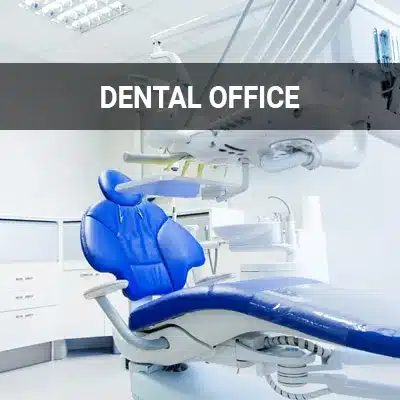
When to Spend Your HSA Glendale AZ
The cost of healthcare can be intimidating. Luckily, there are ways to save on insurance and out-of-pocket costs. A healthcare savings account is one strategy to help offset the cost of medical and dental expenses.
Patients with healthcare savings accounts can use them for dental services at Singh Smile Care - Dentist Glendale, AZ in Glendale AZ and the surrounding area. Our team works with clients to determine the optimal financial strategy for treatment. Call us at (623) 400-6009 to learn more or to schedule an appointment.

An Investment Tool for Retirement
As Healthcare.gov explains, an HSA is a tax-free account people use to help cover some medical costs. To contribute to an HSA, patients must have a high-deductible insurance plan. There is a yearly limit to the amount of money contributed to an HSA plan.
Unlike flexible savings accounts, the funds in an HSA roll over each year. This allows the balance to continue to grow. Once individuals reach retirement age, they can use their HSA funds for anything, not just medical expenses. An HSA is a great investment tool for retirement since other types of retirement accounts incur taxes.
An HSA is a great investment tool for retirement since other types of retirement accounts incur taxes.
HSA Tax Benefits
One of the greatest benefits of opening an HSA is its lower tax liability. Lowering tax liability with an HSA allows people to keep more of their paycheck each year and give less to the IRS. Benefits to opening and contributing to an HSA include:
- Contributions: The money contributed to an HSA is not taxed. Some people set their accounts up so that contributions are automatically taken out of their pay each month. The HSA withdraws the contribution before taxes, so it does not count as income and lowers the yearly tax liability.
- Earnings: An HSA account can earn interest. Earnings on an HSA account are also tax-free. The larger an HSA balance is, the more tax-free earnings it can get.
- Withdrawals: When it is time to use a portion of the HSA account, withdrawals are also not taxed. People can use their withdrawals for any type of qualifying medical expense. There is no need to time medical expenses by the calendar since an HSA does not need to be spent by the end of the year.
Lowering tax liability with an HSA allows people to keep more of their paycheck each year and give less to the IRS.
Investing and Spending Strategies
The key to taking advantage of the HSA rules is to spend and invest wisely. Since there are many benefits to keeping an HSA for retirement expenses, it is important for people not to spend all their contributions. Instead, opt to spend a little on routine out-of-pocket medical or dental expenses and keep the balance growing with contributions.
Many dental expenses qualify for HSA spending. For items that are not covered by insurance, the HSA can help bridge the gap. To grow an HSA balance, it is a good idea to invest a portion of it in mutual funds, bonds, or stocks.
To grow an HSA balance, it is a good idea to invest a portion of it in mutual funds, bonds, or stocks.
Transferring an HSA When Changing Jobs
When changing jobs, there is a procedure for transferring the HSA to the next employer. The rules of transferring an HSA are dependent on the employer-sponsored health insurance plan. If the new workplace does not offer a high-deductible health plan, the employee may not be eligible for making contributions to the HSA anymore.
It may be necessary to roll over the funds from one HSA account to another when transferring to another employer-sponsored HSA. Another option is to keep the old account open and start a second HSA with the new employer. While the old HSA will not be available for contributions, people can still use it for withdrawals.
The rules of transferring an HSA are dependent on the employer-sponsored health insurance plan.
Questions Answered on This Page
Q. Why is an HSA a good investment tool for retirement?
Q. What are the HSA tax benefits?
Q. How should people spend and invest their HSA contributions?
People Also Ask
Q. What are the pros and cons of an HSA?
Q. What factors should people consider when choosing a dental insurance plan?
The Right Time To Open an HSA
There are different strategies for the timing of opening a new HSA. If a person is qualified, they can open an HSA account at any time. We recommend that people open an HSA at the beginning of their careers when they are young and healthy and do not have many medical expenses.
Young people may also benefit from a high-deductible plan and get the most out of the potential long-term retirement savings. People interested in opening an HSA should develop an investment and savings strategy. Then they should research the different options for opening and setting up an HSA.
The rules of transferring an HSA are dependent on the employer-sponsored health insurance plan.
Frequently Asked Questions
Quality Dental Services Can Transform Your Smile
Dental Terminology
Flexible Spending Account








